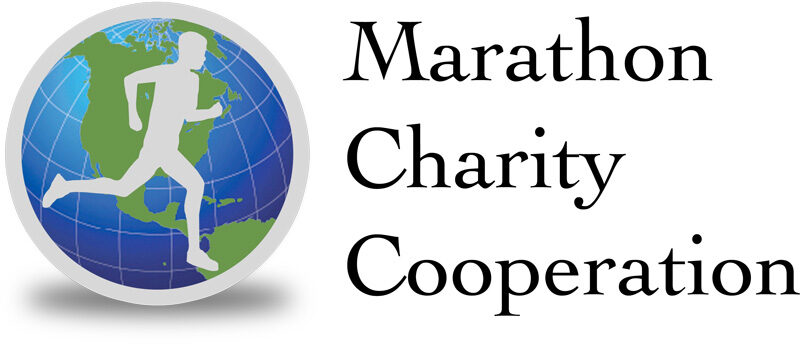Erin Connelly, Active.com
Carbohydrates yield the quickest energy production in the body. However, choosing the best food sources can be a challenge. Athletes need to consume more carbs than the average person to properly fuel and recover.
In addition, active individuals look for foods that help promote overall health and well-being, to keep them feeling good enough to enjoy their sport. When it comes to comparing foods, it’s important to look at the total nutrient composition. For example:
- What does this food have to offer?
- What does it contain besides its carbohydrate content?
Here is a list of minimally or unprocessed foods that you are able to find in the perimeter of your local grocery store:
1. Sweet Potatoes
The bright orange color of these root vegetables is a visual cue that they are an abundant source of the high-powered antioxidant, vitamin A. They also are a great source of potassium to help soothe sore muscles and maintain the right amount of fluids in the body. One cup provides 27g of carbs, 4g of which are fiber.
2. Oats
This breakfast staple has been promoted as a “heart-healthy” food due to its high soluble fiber and low saturated fat content, both of which have been shown to reduce LDL (bad) cholesterol and total cholesterol levels.
Besides keeping your ticker kicking, the magnesium found in oats helps to maintain nerve and muscle function and is involved in over 300 metabolic reactions in the body. One 1/2 cup of dry oats provides 27g of carbs.
3. Wild Rice
Going a little wild on your rice gives you an edge over the commonly hyped brown rice. Wild rice has the added bang for your calorie buck by providing 6g of protein and double the amount of fiber (3g) for 35 less calories than brown rice per 1 cup serving.
4. Banana
This finger-shaped fruit is widely recognized as a source of potassium. While this is true, bananas are also a source of vitamin C and support your immune system. They also contain pre-biotics and help maintain healthy bacteria in your gut. Pre-biotics help improve the absorption of other nutrients (i.e. calcium) for added bone health benefits.
5. Chickpeas
The legume that is used to make hummus is often forgotten as a quality source of carbohydrates. Chickpeas not only provide a generous 22g of carbs in one ? cup, but also a whopping 6g of fiber and 7g of protein. Fiber helps to keep you feeling full, maintains steady blood sugar levels, and may reduce the risk of cardiovascular diseases.
